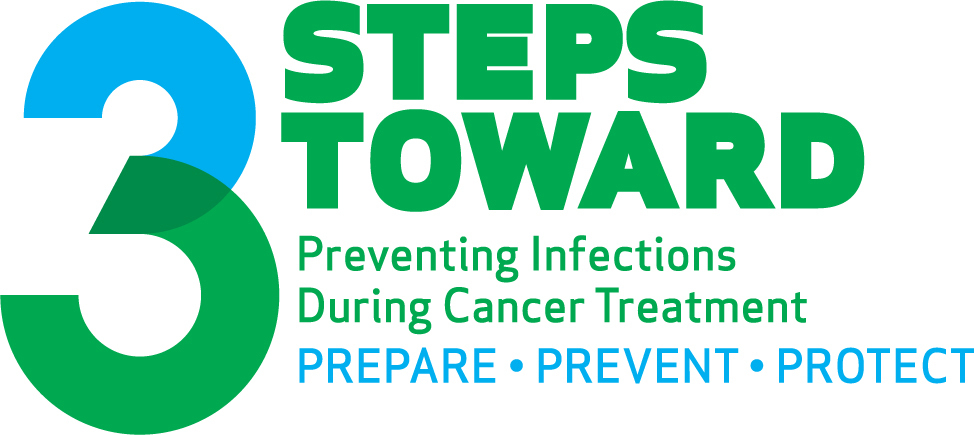

Improving Cancer Patient-Provider Conversations on Infection Risk
The first educational tool using virtual human technology to improve patient-provider conversations about a side effect of chemotherapy that may increase infection risk, known as neutropenia, is now available. Talking about Infection and Neutropenia Awareness (TINA) is an innovative new resource from CDC Foundation with support from DCPC’s Director Dr. Lisa Richardson, and is part of the Preventing Infections in Cancer Patients (PICP) program, led by the CDC and CDC Foundation with financial support from Amgen.
Each year, more than half a million patients with cancer are treated with chemotherapy, and according to CDC, infections that are linked to neutropenia can have some of the most serious side effects, such as hospitalization, disruption in treatment, or even death. Patient-provider communication plays an important role in improving health outcomes, especially in cancer settings due to the levels of stress, uncertainty, and complex information involved. Virtual humans, like those featured in the application, are ideally suited to creating safe, engaging and non-confrontational experiences that promote meaningful changes in behavior.
TINA, available as a free mobile app and online, features two separate role-play conversations in which providers and patients interact with and learn from fully articulated and emotionally responsive virtual humans:
- TINA for Providers‒ Providers are introduced to TINA and can role-play a conversation with the virtual patient to practice how to have meaningful and appropriate conversations with their own cancer patients about neutropenia.
- TINA for Patients‒ Patients can engage with TINA about how to prevent infections during chemotherapy.
“People dealing with a cancer diagnosis are incredibly overwhelmed with information, yet learning about the steps they can take to lower their risk of infection during chemotherapy is critical,” explained Dr. Richardson. “TINA is the first-ever tool developed to engage both patients and providers in an educational and informative way. Our hope is that TINA can help facilitate more effective communication about this serious side effect of chemotherapy.”


































No hay comentarios:
Publicar un comentario